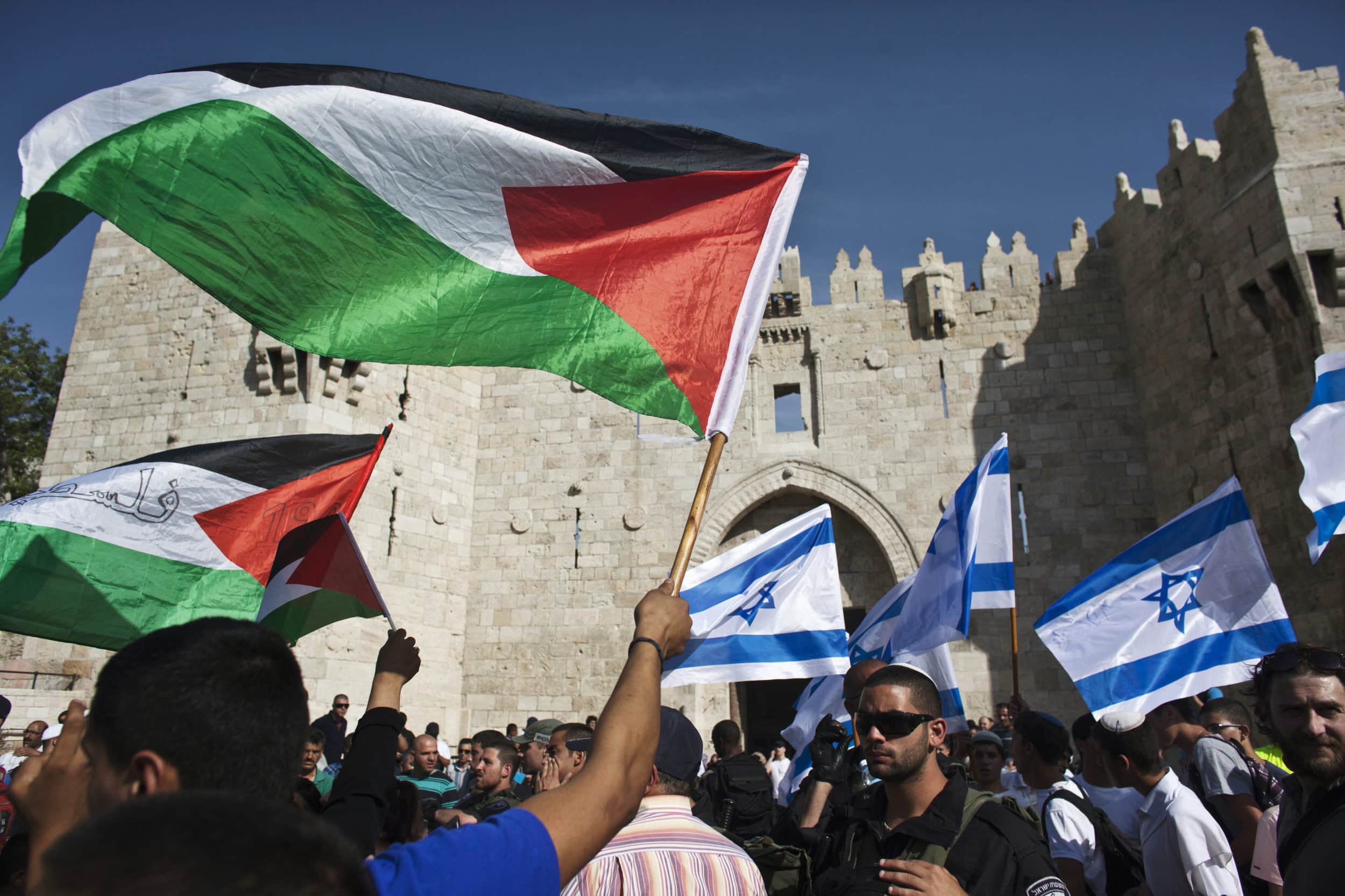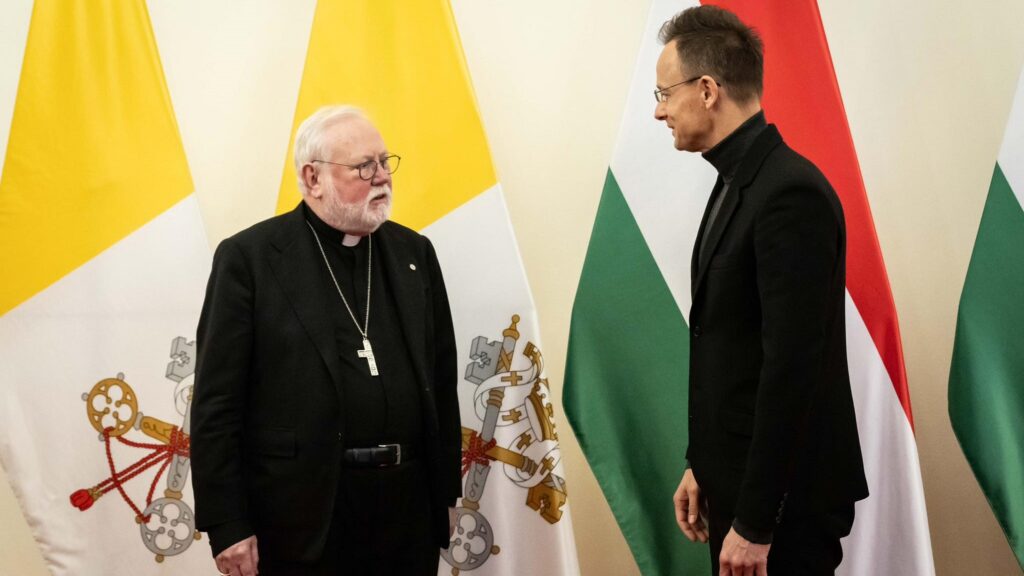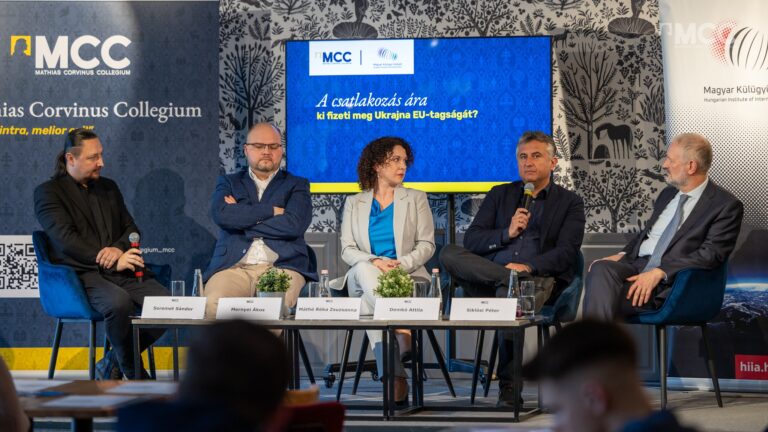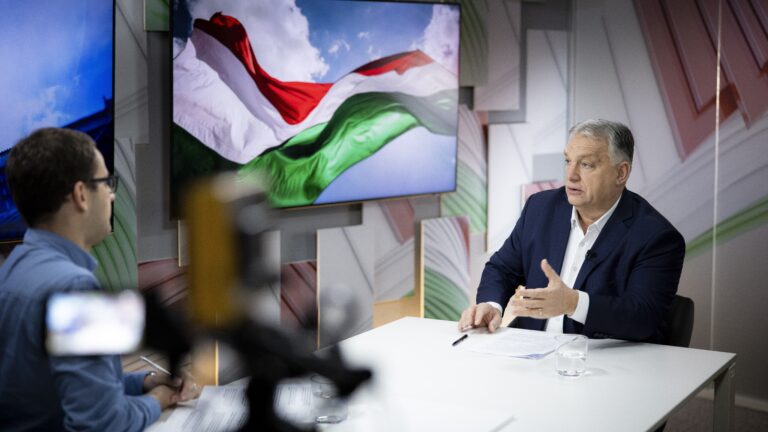On Tuesday, May 18 European Union foreign ministers held a special video conference on the ongoing events and confrontation between Israel and Palestine. But reaching unanimity for a joint declaration calling for ceasefire and immediate stop of violence was failed after Hungary—as the only EU county—rejected the draft. Hungary’s veto has received many opposing domestic and international reactions, which is not surprising in the case of such a divisive conflict that seems to completely split countries, politicians, and the media.
Hungary’s intention, by refusing the EU declaration, was neither to obstruct peace and stability, nor to pull back humanitarian support for the victims of violence or limit Europe’s ability to exert influence in the region. In the press conference following the meeting, EU High Representative for Foreign Affairs Joseph Borell—with some frustration failing to make a joint statement—outlined: ‘We condemn the rocket attacks by Hamas and other terrorist groups on the Israeli territory, and we fully support Israel’s right to defense.’ But what was Hungary’s problem then?
Hungarian Minister of Foreign Affairs and Trade, Péter Szijjártó explained in an interview why Hungary did not get on board with the other 26 EU member states: ‘I have a general problem with these European statements on Israel. They are usually pretty biased, pretty much unbalanced. They do not put into consideration the security concerns of Israel and Israeli people […] the efforts Israelis make to have a stable and secure Middle-East.’ The following day—after Hungary faced many criticism for its sincerity—the Hungarian Ministry of Foreign Affairs and Trade also gave out a statement containing Hungary’s distinct narrative on the current conflict and what Hungary objected in the joint EU position:
‘We reject any manifestation that makes Israel responsible for the current situation, or treats Israel and the Hamas terrorist group as equals, or indirectly legitimizes the latter.’– clarified Tamás Menczer Secretary of State of Foreign Affairs and Trade.
Hungary’s assessment of the ongoing situation is seen to be more balanced and realistic
admitting the fact that the conflict is between a democratic state and a terror organization, de facto ruler of Gaza, where the latter is the attacker. No statement, politician or media figure should forget that. Hungary’s approach is also more factual and professional acknowledging what the leftist media and politicians are unwilling to notice: the nature of an asymmetrical warfare—what the latest confrontation certainly was. One of the features of an asymmetrical warfare is that the weaker party often uses every, most of the time immoral means to alleviate its military, technological and strategical disadvantage. This could materialize in the killing of non-combatants, using civil infrastructure for military purposes (schools and hospitals) and using the civil population as human shields. They intentionally blur the line between civilian and combatant, and maximize civil casualties for demoralizing and dehumanizing the opponent in the media and on international forums. This is Hamas’ strategy. A strategy for which Western media should not provide assistance.
Recognizing the latest Hamas-Israel conflict as an asymmetrical conflict is also crucial in understanding the disproportionate damage and civil casualties on both sides. At least 243 people were killed in Gaza by the Israeli retaliations while 12 people were killed in Israel by the Hamas’ and Islamic Jihad’s rockets. It is a tragedy, even in war-time. Israel used its advanced military technology to carry out precise, meticulous attacks and killed 225 militants and terrorists in one of the world most densely populated place. In contrast, Hamas used its full capacity to kill as many Israeli civilians as possible while cowardly using Palestinians as human shields. But the point is that the leftist media should stop making moral judgement based on the number of casualties or having a stronger, more advanced army; especially in an asymmetrical conflict. Just because someone is weaker in sense of military technology, has less personnel and capacity it does not mean that it is the victim and therefore has the moral high ground. Why should Israel make an excuse because it has a more powerful military than Hamas and using its cutting-edge technology to defend its citizens, retaliate and deter a terror organization that started a war?
Another thing about the EU’s joint statement—or US president Joe Biden’s—calling both sides for ceasefire. A protracted conflict is the interests of neither parties; neither Hamas, who does not have enough capacity, nor Israel, who has other domestic issues as well. An immediate ceasefire would have been (and maybe still is) a short-term solution for Israel and Gazan residents suffering for a long time from the radical Islamists’ terror. Israel has the right to accomplish its military campaign at its discretion and according to its own security interests to make a ceasefire not last just as long as Hamas’ rocket arsenal is being replenished by Iran again. Furthermore, it is also hard to negotiate and seek political solutions with a party whose covenant refuses to recognize the State of Israel’s right to exist and calls for destroying it by any means.
Hungary’s intent by vetoing the declaration was neither to hinder EU’s reaction in the situation, nor to support the continuation of the fight and thereby causing more casualties and instability, but to present its own approach and advocate a change towards a more balanced, less biased attitude of the EU regarding the question of Israel. Still, the EU would like to be a more global player who has its sovereign power and ability in the international arena and therefore heavy say into regional affairs, such as the Israeli-Palestinian conflict. The EU is a dedicated supporter of the two-state solution and tries to pose itself as a neutral international power in the conflict, however, it regularly condemns Israel on various issues. Instead of pursuing a passive policy and making politically correct “neutral” statements, the EU could be a more influential actor, playing a major role in the conflict as a peace facilitator. It has provided 827 million euro to the Palestinians since 2000 in the form of financial aid. The first step in becoming a peace facilitator should be to subject these aids to various conditions.
Finally, condemning Hungary for exercising its legal right to oppose a joint statement, calling the veto power given by the EU law a tool of authoritarians, and urging a change in the EU’s decision making process to step over those who go against the majority, is absurd. Reaching unanimity by silencing those who have a different standpoint is authoritarian.








